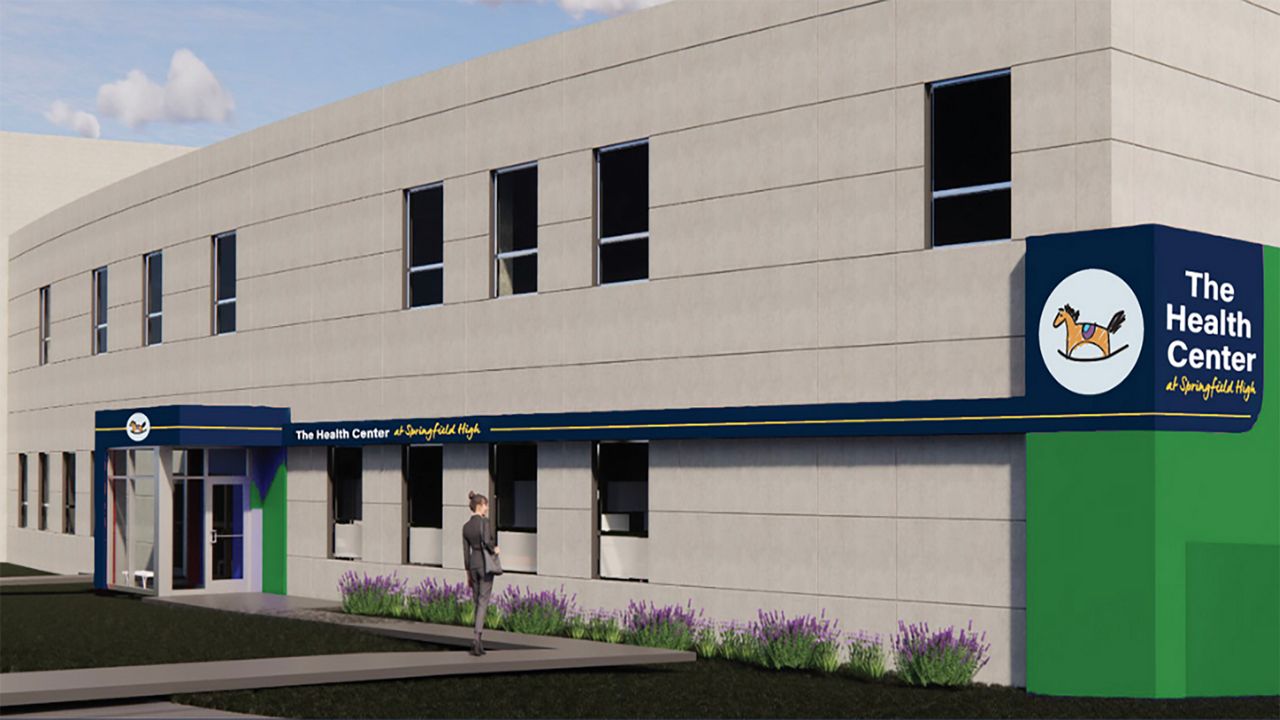
Maximizing Universal Health Coverage: A Practical Guide to Political Economy Analysis for Health Financing Reform
The “Political Economy of Health Financing: How-to Guide” is an essential tool for anyone involved in health financing reform. It provides a structured framework for analyzing the political economy factors that can impact the success of such reforms. The guide is part of the World Health Organization’s broader program on Political Economy of Health Financing Reform, which recognizes the importance of political economy in shaping health financing policies.
The guide does not cover all possible strategies and factors related to health financing reform but offers a comprehensive process for analysis and decision-making. By identifying stakeholders, their power dynamics, interests, and positions, as well as the institutions and economic factors at play, policymakers can develop effective strategies to navigate resistance and build support for reform efforts. The ultimate goal is to use political economy analysis to inform a strategic approach to reform that increases the chances of successful implementation and progress towards Universal Health Coverage (UHC).
The guide emphasizes the significance of political economy in shaping the trajectory of health financing reform. By taking into account the interests and power dynamics of various stakeholders involved, as well as external factors influencing the reform process, policymakers can develop more effective and sustainable strategies that align with the broader goal of achieving UHC.
To conduct political economy analysis effectively, policymakers must follow a stepwise approach outlined in the guide. This involves identifying key stakeholders, assessing their interests and influence, analyzing institutional structures, and considering contextual and economic factors that may impact reform efforts. By systematically analyzing these factors, policymakers can develop strategies to navigate complex political environments and build support for health financing reform.
Incorporating political economy analysis into health financing reform efforts is critical for maximizing their effectiveness and sustainability. By understanding the political dynamics at play and adapting strategies accordingly, policymakers can increase their chances of successful implementation and ultimately advance progress towards achieving UHC. As such, this “Political Economy of Health Financing: How-to Guide” serves as an indispensable resource for anyone involved in health financing reform efforts.
In conclusion, this guide offers an essential framework for conducting a thorough analysis of political economy factors affecting health financing reforms. It provides valuable insights into how policymakers can navigate complex political environments successfully while building support for UHC initiatives that are more effective in achieving this common goal.

